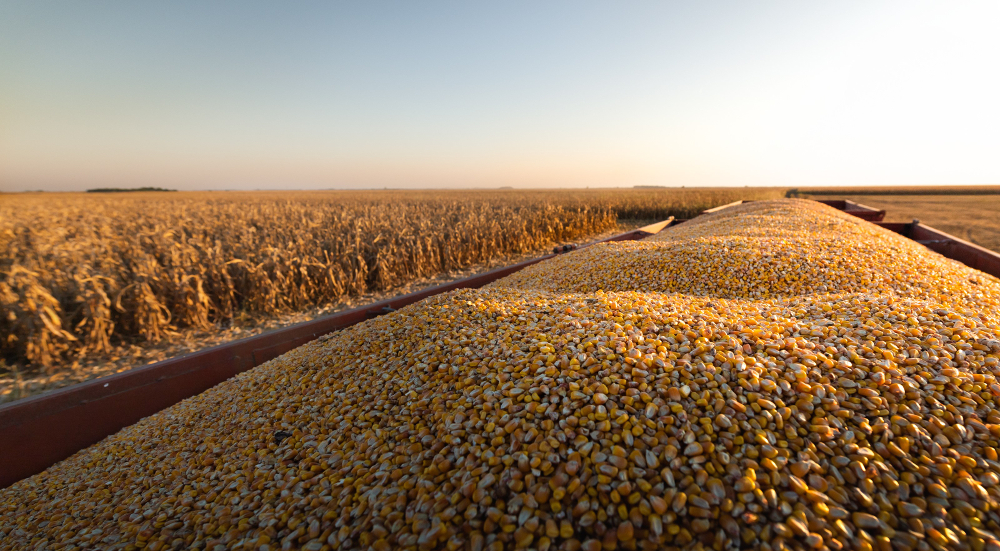The European Union (EU) is making waves with their sustainability goals. The proposed Farm to Fork strategy suggests sweeping changes to ag production in the member-countries and could have large implications on international trade.
If the strategy is adopted, it’s a 10-year plan that targets reducing antimicrobials, fertilizers and pesticides in agriculture. It seeks to reduce pesticide use by at least 50%, fertilizer use by 20% and increase organic production to 25%.
While the EU looks to the plan as a solution to climate change, others around the world aren’t as optimistic. A recent USDA Economic Research Services (ERS) report indicates adopting the strategy by 2030 would cause a “decline in agricultural production in the EU that would range from 7% (global adoption of the strategy) to 12% (EU-only).”
Sonja Begemann, editorial director for Seed World Group and host of this week’s Seed Speaks, is talking with two experts about what Farm to Fork means locally and globally for farmers and ag business. She’s joined by USDA ERS Aching Branch Chief, International Trade and Development Jayson Beckman and Euroseeds Manager of Public Affairs Cesar Gonzalez.
Beckman is involved in a variety of research projects related to policy including trade, energy and ag policy at USDA ERS. He has a Ph.D. in agricultural economics from Purdue University.
Gonzalez works with Euroseeds to contribute to public affairs, campaigning and EU policy expertise, manages implementing the organizations lobbying activities and liaises with international seed associations.
Tune in Wednesday Oct. 6 at 12:00 CDT to learn from experts what’s going on with the Farm to Fork strategy in the EU, including what it means for international trade, EU farmers and what it will take to achieve sustainability goals.










